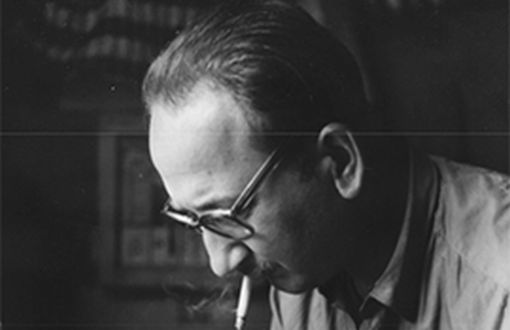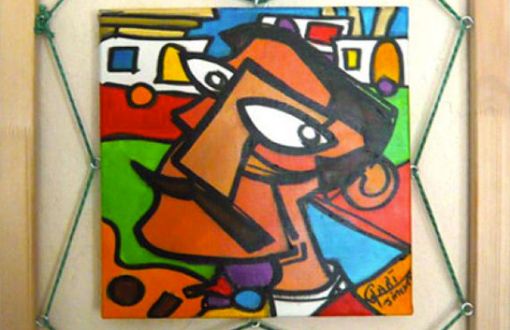Located at the end of a gracious road at the 19th arrondissement of Paris, near the canal de l'Ourcq, the Médiathèque Mateo Maximoff is a pleasant place. Evelyne Pommerat welcomes you with a precious receptiveness and attention. Over the last twenty years, this expert documentalist guides people - students, researchers, associations - through five thousand works and an audiovisual archive dedicated to Gypsies and the travellers (gent du voyage). Created in 1949, this space is a repository of memory and also an open window to the present with a vibrant cultural program designed by the "hostess". An interview.
Can we talk about a Gypsy culture, and if so, how should it be defined?
In my opinion, when confronting a question like this, there are at least two pitfalls to avoid. On the one hand, making a globalizing and reductive definition of a immobile Gypsy culture, so you should rather be talking about Gypsy cultures in the plural, Roma, Manouche, Gitano cultures making room for all the nuances and subtitles needed. On the other hand, the debate in which I do not intend to enter is tracing a sort of authenticity, looking for, that is, what cultural traits are purely "Gypsy" and what others are instead spoiled by a debt or any fusion with local cultures. I, personally, prefer to be interested living cultures of today and give the floor to the actors that make them live and evolve.
Then how is it possible to organize the cultural program of Médiathèque Mateo Maximoff?
I try to avoid the beaten path for the benefit of original projects or initiatives that have less visibility. For example, I leave the music out a little bit, which already has a large audience. I try also proposals that make sense, and I love working with people, artists, filmmakers, writers etc, who are serious and who clash with the preconceived ideas The program is truly open to all languages, to every form of expression . I try, finally, to create a climate of dialogue and of human warmth between those who participate in these meetings.
Are there common traits across different groups of Manouches, Roma, Sinti, Gypsies...?
We can find common traits at least for the language. From Spain to Romania, through the Alsace or even the Americas, there are shared words, idioms related to the Romani language. It would really be a shortcoming to ignore the importance of social networks that link the young Roma in every corner of the world and in every area together. The practice of Romani, beyond its conservation, can lead to consolidation of a common language. We are witnessing a very fruitful internationalization of the Romani that responds to contemporary social uses.
Are these young people the mouthpiece of a cultural project?
Certainly, of a cultural and political project, directly related to their history. In 2014, thousands of young Roma who have come from around the world rallied in Krakow to commemorate the genocide of Gypsies in Auschwitz.
It was a remarkable event, in which these young people expressed loudly their desire to leave the dimensions of victimhood in which the Roma are too often blocked. They strengthened each other by giving the same message: being Roma actors of their own destiny and their memory. In Paris, the Voix ds Roms association commemorates for some years May 16, 1944, date of the rebellion that broke out among the Gypsy at the Auschwitz camp. It represents a way to emphasize the importance of the resistances both of yesterday and today. The "International Day of Romani Resistance" is also celebrated in many European cities.
Why is this media library called after Mateo Maximoff?
Mateo Maximoff was a writer and an artist. He is one of the founders of the association and the Etudes Tsiganes journal. He had an immense curiosity and an incredible openness to others, with a particular interest in young people. It is this curiosity that I want to cultivate here and it makes me to grow an interest in all disciplines and multiple facets. There is a huge potential.
To mark the centenary of his birth (Maximoff was born in Barcelona, January 17, 1917), his work will be re-edited, and the Arte channel will dedicate him an episode of "The forgotten of the history" made by Jacques Malaterre. And surely in the media library that bears his name we will organize a cultural program worthy of his memory and I hope that this anniversary will have a resonance both nationally and internationally.

Click here for the details of Babelmed Project "R.O.M. Rights of Minorities"






